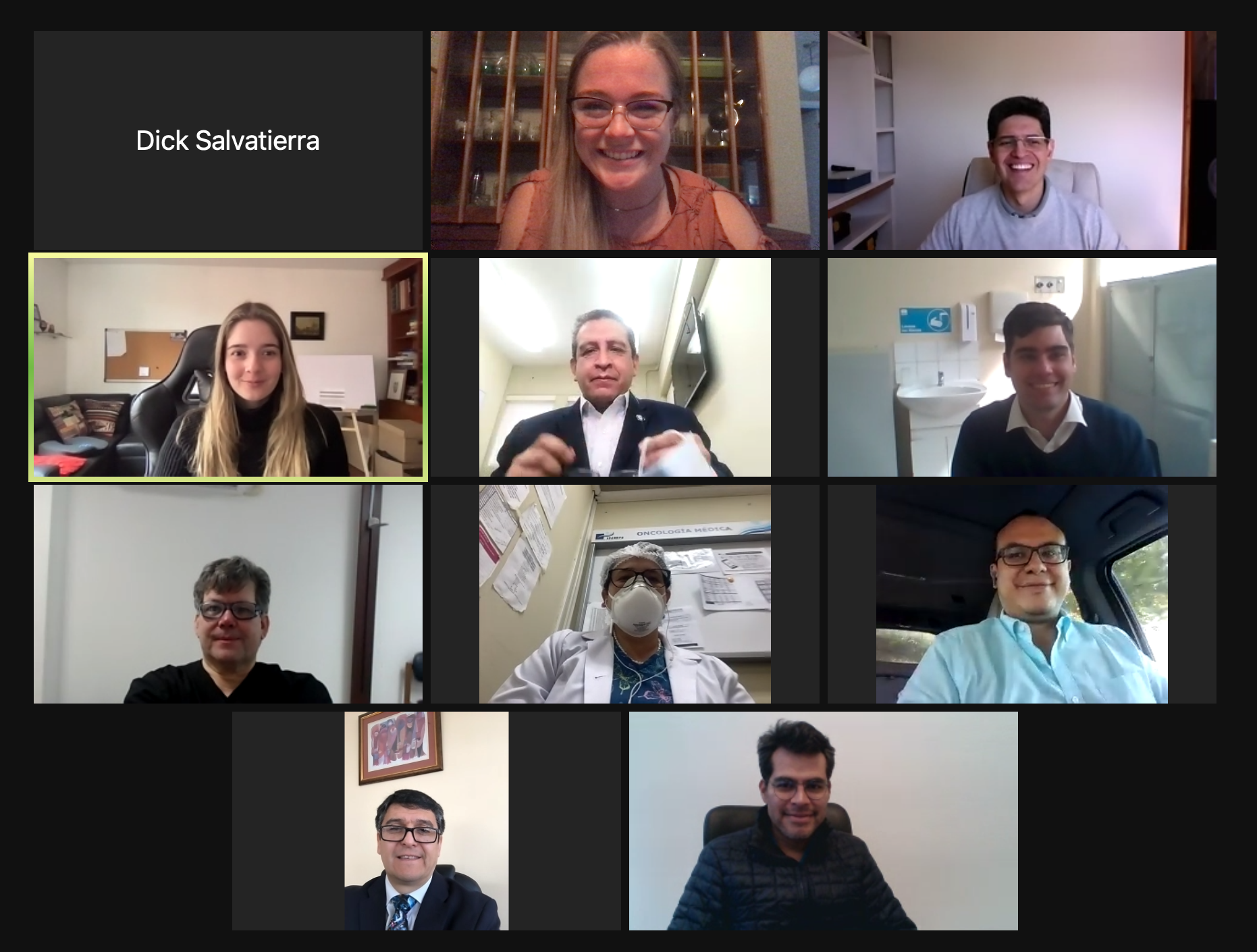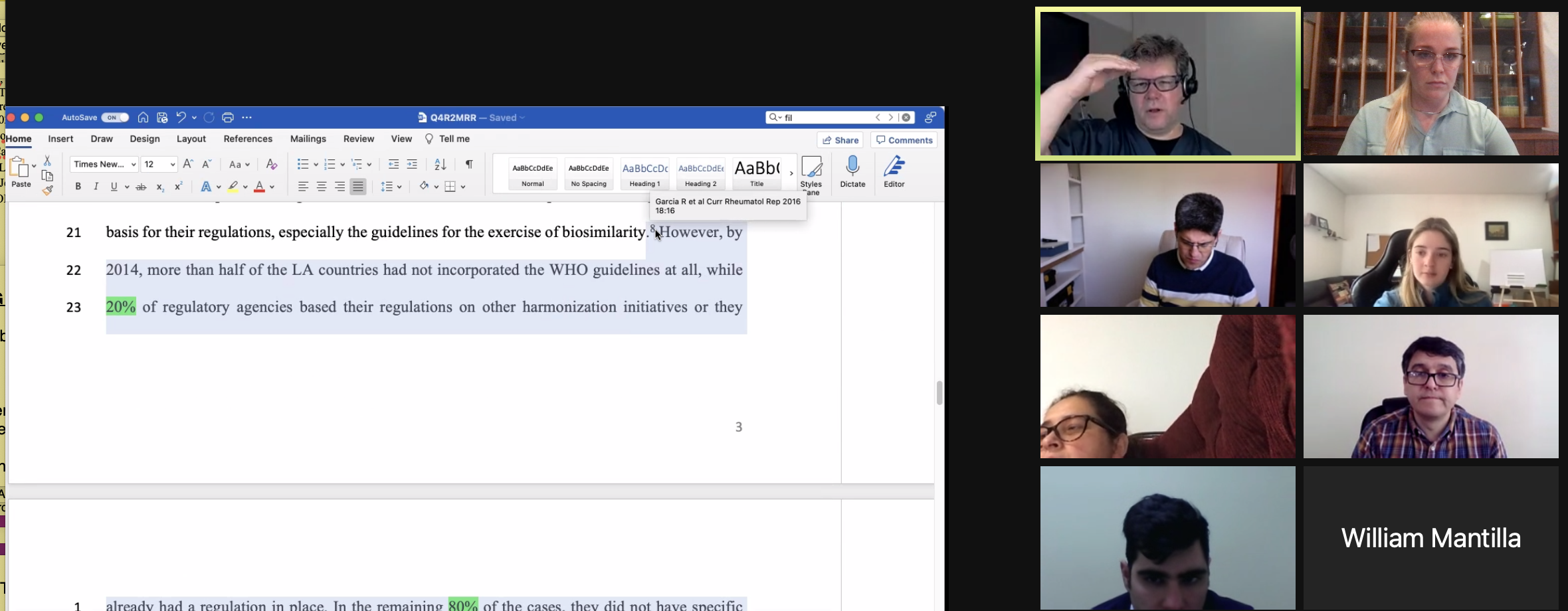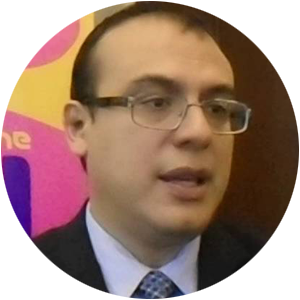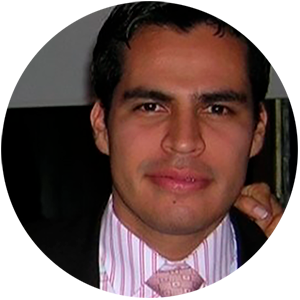37
BC/CRC
Biosimilars
in Latin America
AHF Convenes a Consensus Conference
on BC/CRC Biosimilars in Latin America
BC/CRC Biosimilars
in Latin America
Biosimilars are biological products that are very similar to a reference biologic in terms of quality, efficacy, safety, and immunogenicity, and regulations are in place across the world to ensure these medications meet the same standards as the reference product. As biosimilars become increasingly more available, they are expected to significantly reduce health care costs when used in place of biologics. However, access to and uptake of biosimilars will continue to vary by region, as influenced by country-specific factors as well as each country’s healthcare systems, policymakers, and payers.
Currently, Latin American-specific data on the use and costs (including reimbursement and cost savings) associated with biosimilars that treat breast cancer (trastuzumab) and colorectal cancer (bevacizumab) are lacking. Unique to the Region is the broad range of environments, making it more difficult to gather Region-wide statistics. Even data regarding the reimbursement for the biologic drugs trastuzumab and bevacizumab in some of these countries are inconsistent or not available.
Although Latin American countries vary in their access and receptiveness to biosimilars, the financial pressure to adopt biosimilars in each country is great because biologics currently take up a substantial portion of national health care budgets. Consequently, the need for well-defined pathways and regulations for the review, approval, and pharmacovigilance of biosimilars is a major necessity in the Region. Successfully addressing knowledge and regulatory gaps among national biologics registries and national surveillance agencies, as guided by their respective governments, is required. These steps will help legislatures and key stakeholders in Latin America hasten biosimilar approval and subsequent widespread use. Accompanying these regulatory and government steps should be improved pharmacovigilance, which includes training more regulatory staff dedicated to the endeavor, increasing public and professional awareness on the importance of reporting adverse events, and developing systems that capture and analyze data.
In September 2021, AHF convened a meeting of Latin American experts on biosimilars for breast and colorectal cancers via Zoom to develop recommendations for increasing the biosimilar adoption and implementation in the Region. The manuscript entitled “Streamling BC and CRC biosimilar regulation to improve access in Latin America: Expert Panel Review” has been accepted for publication at Lancet Oncology. Click here to read full article.
PANELISTS INCLUDED










